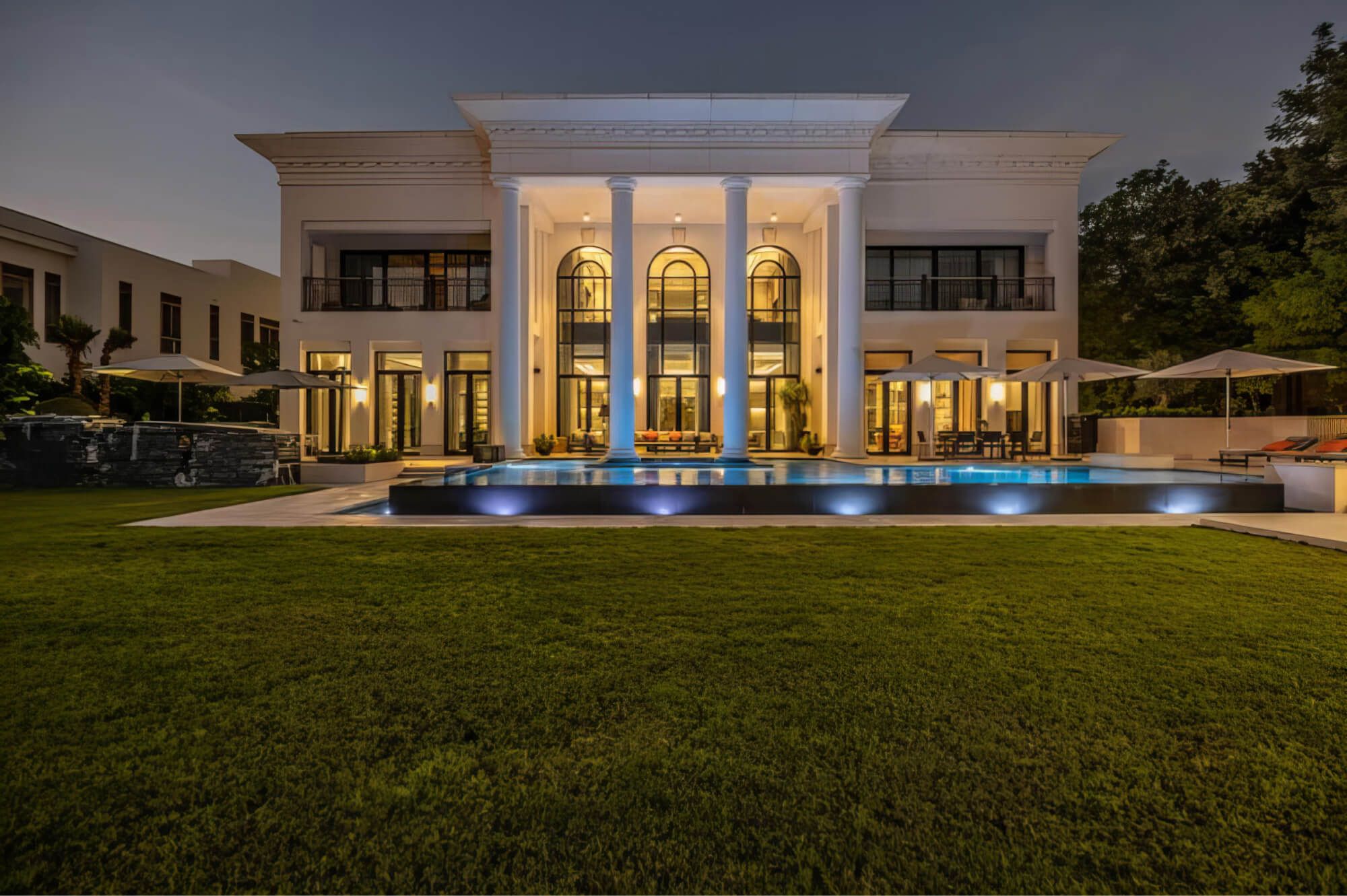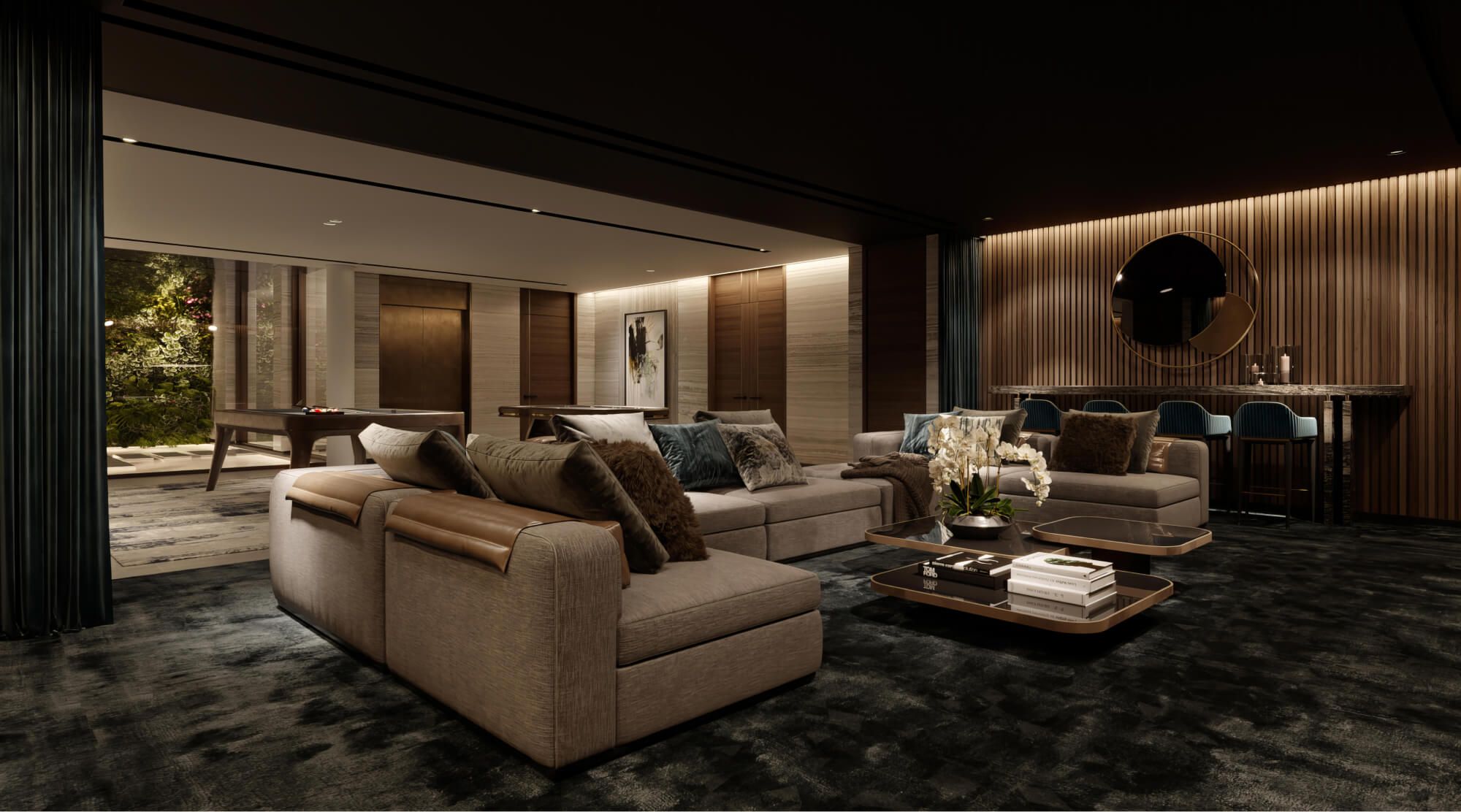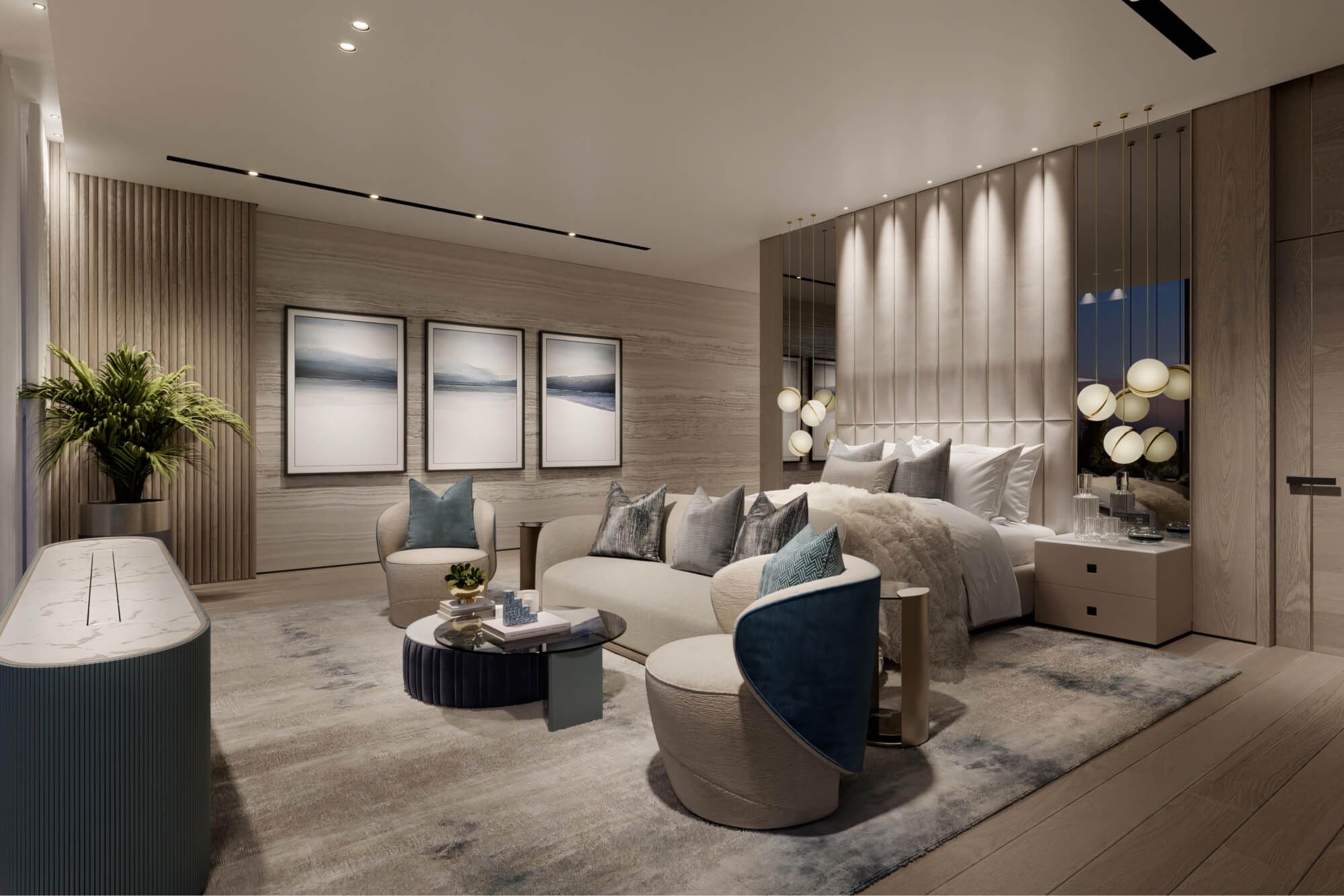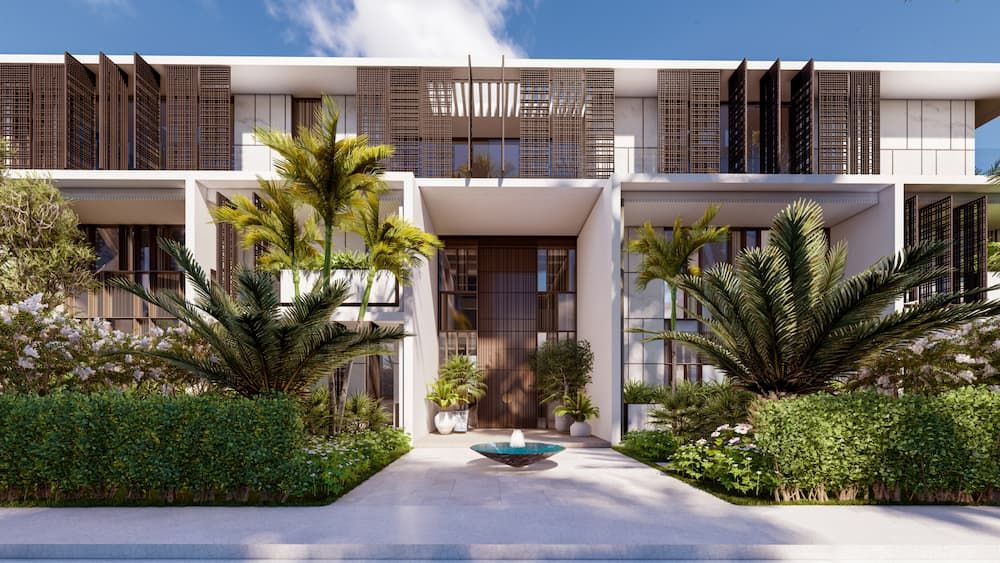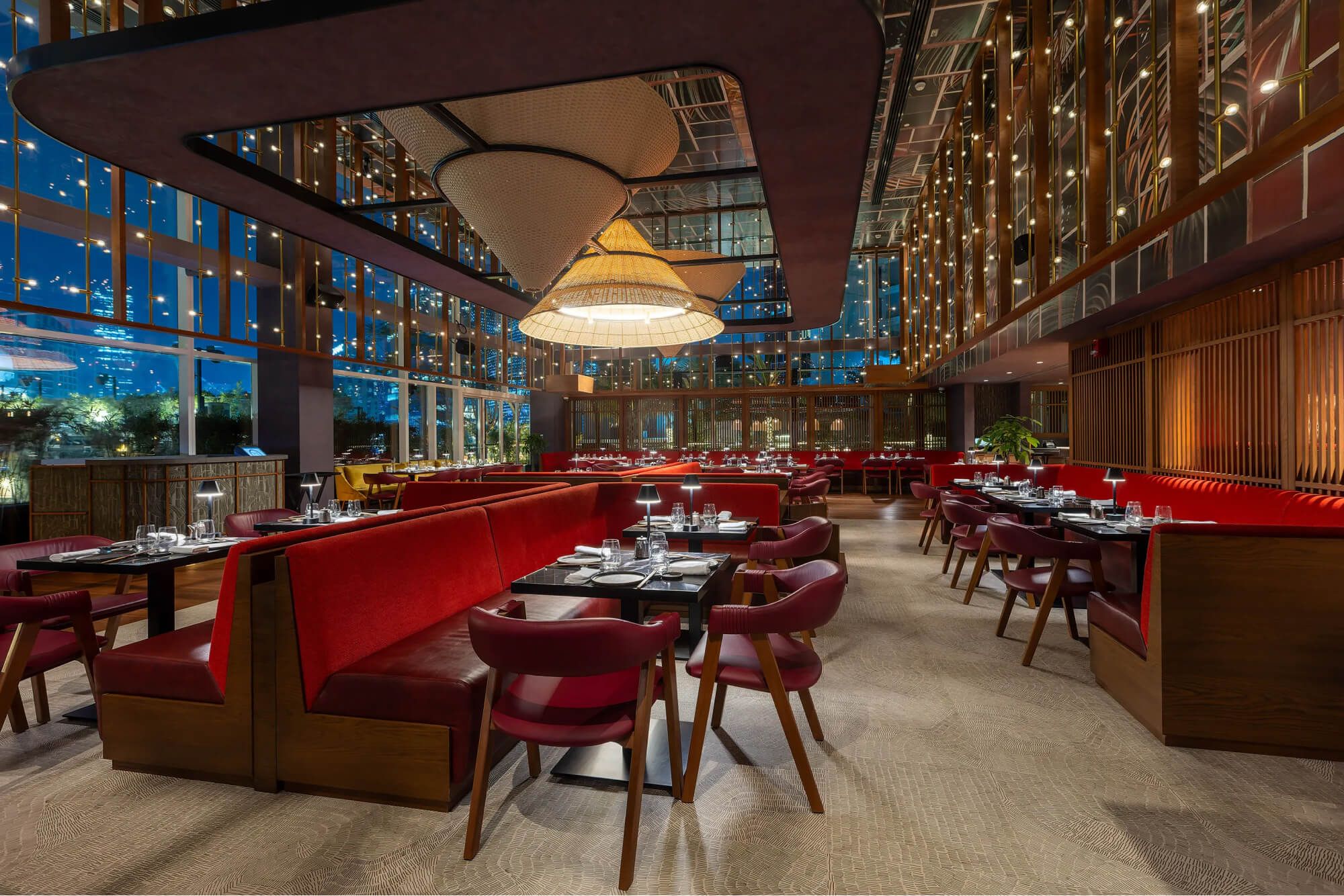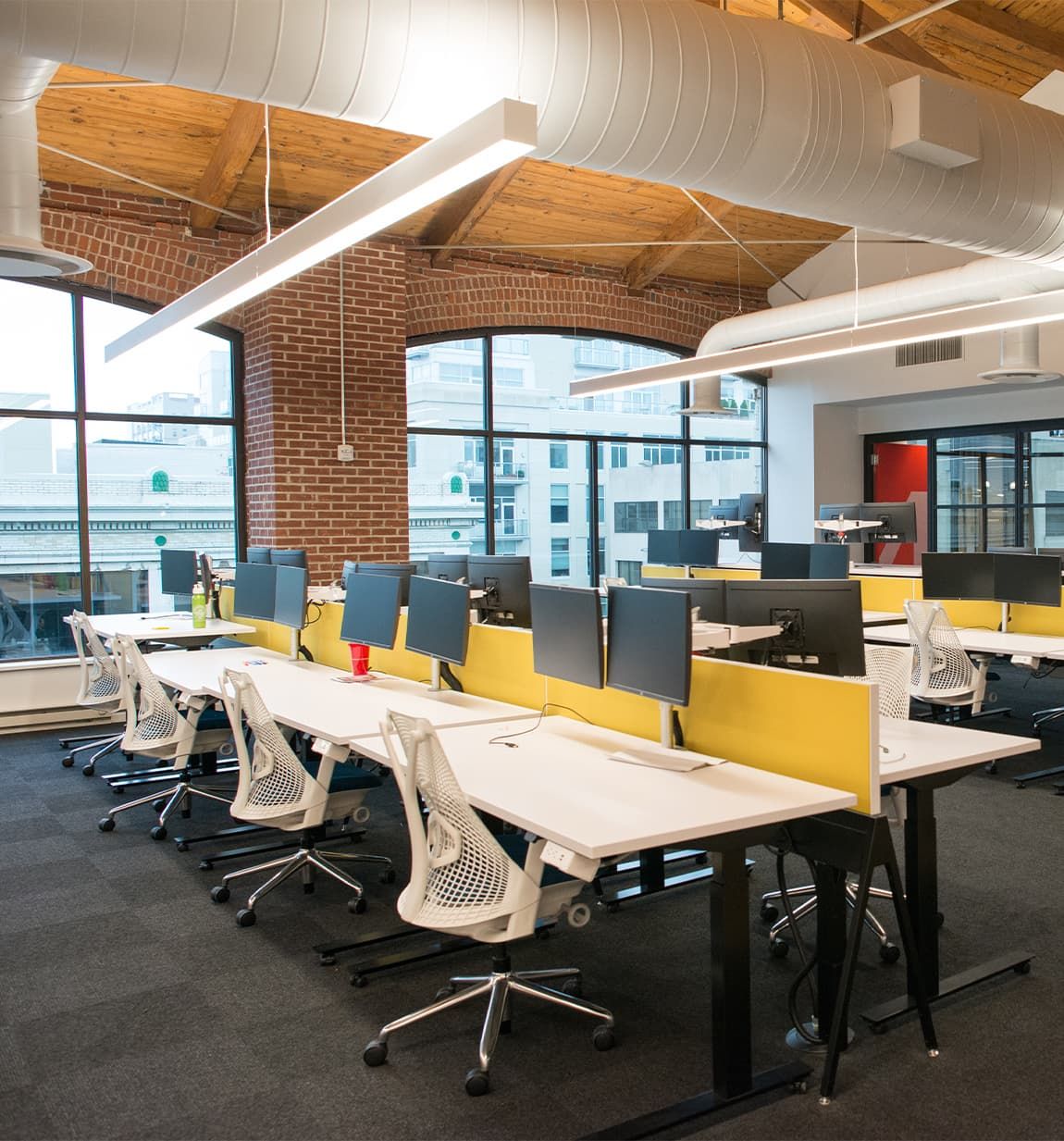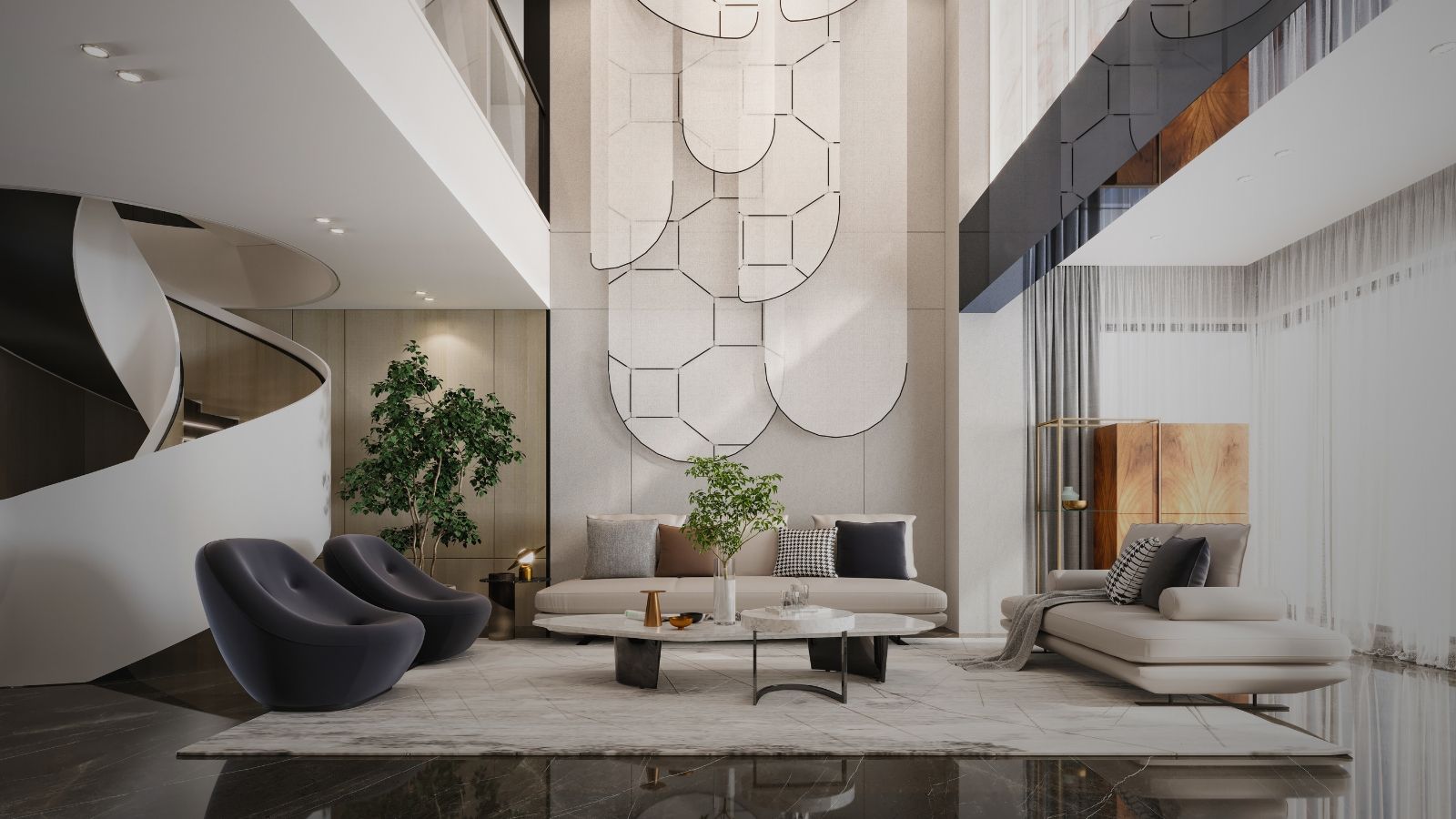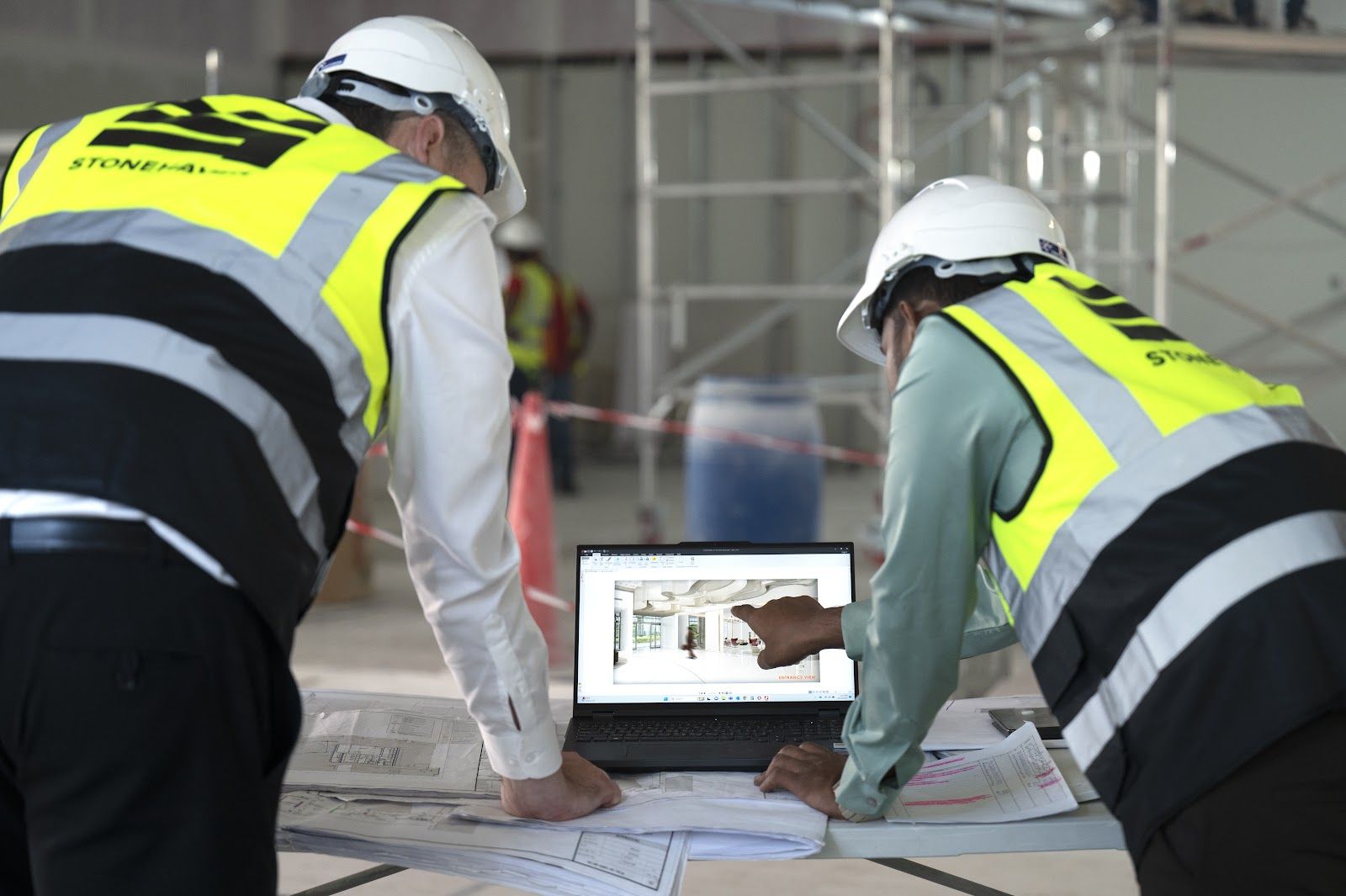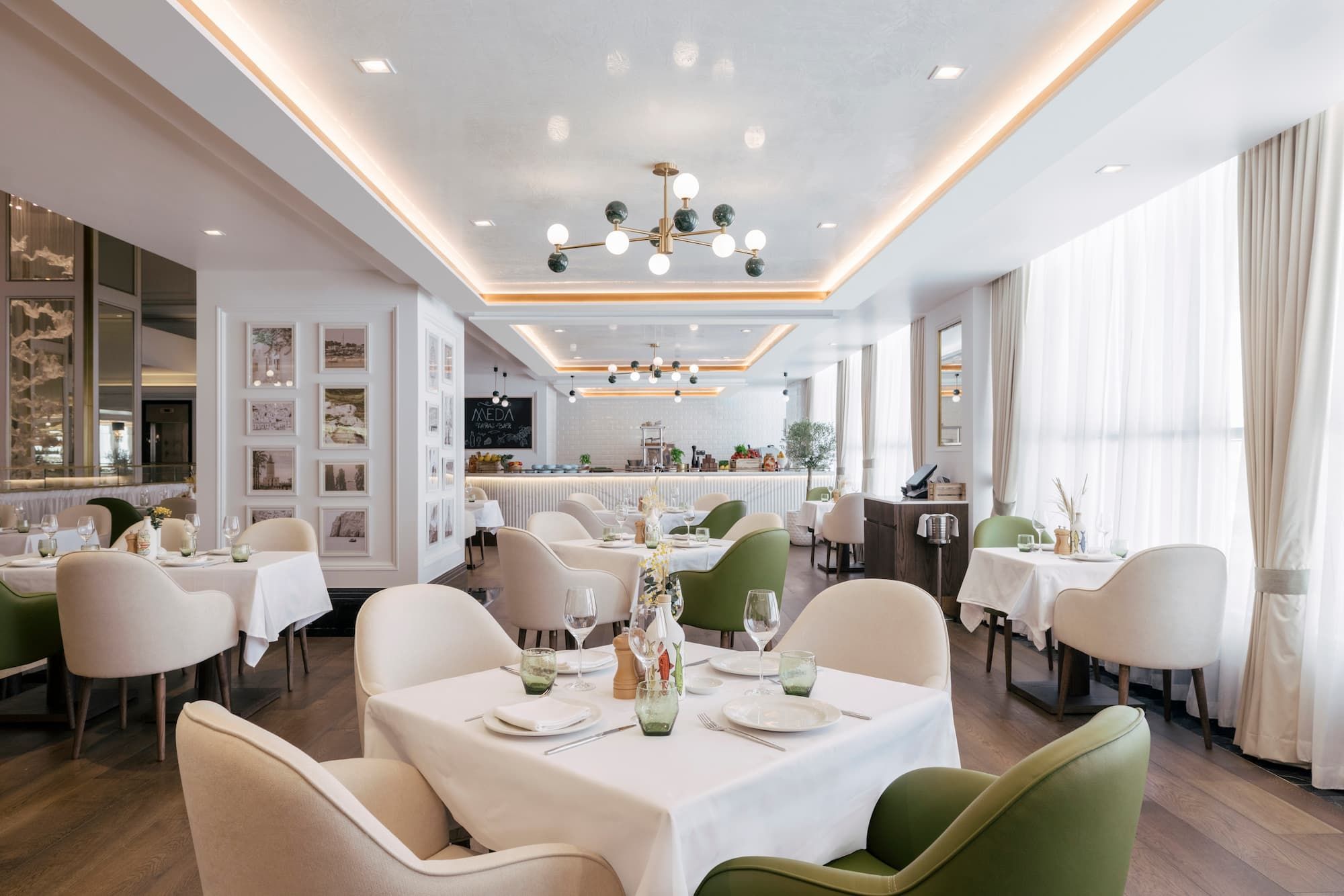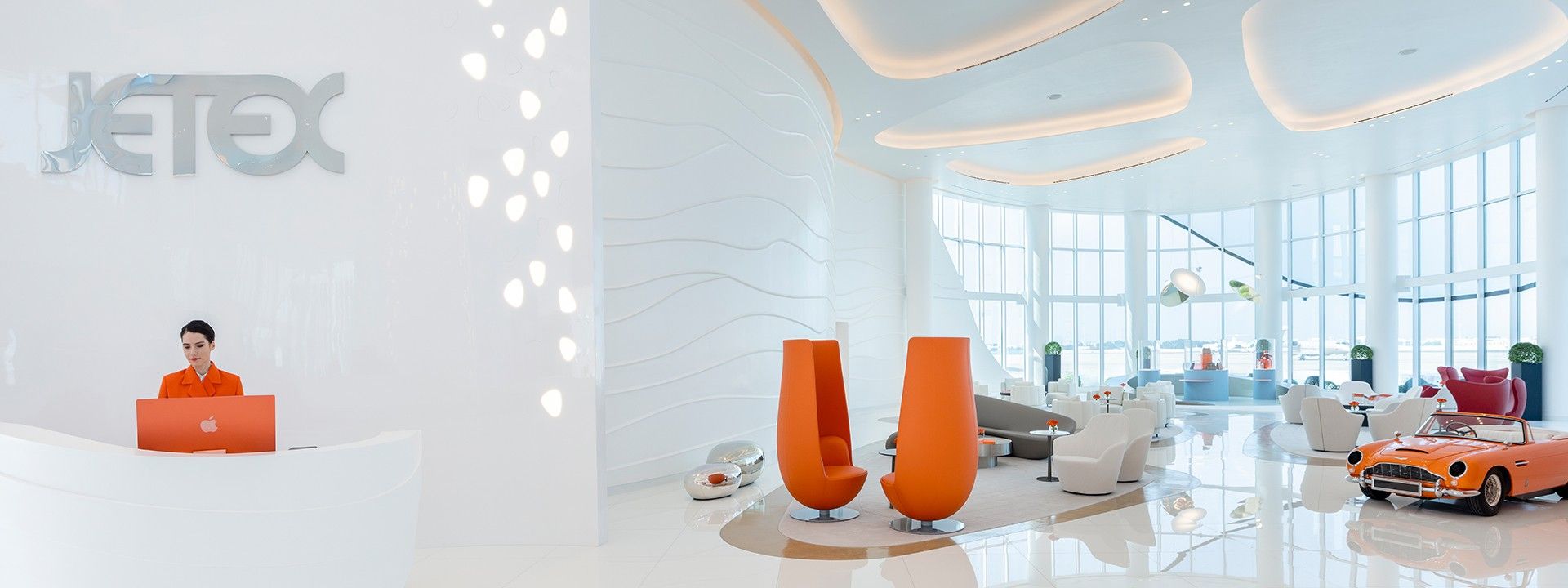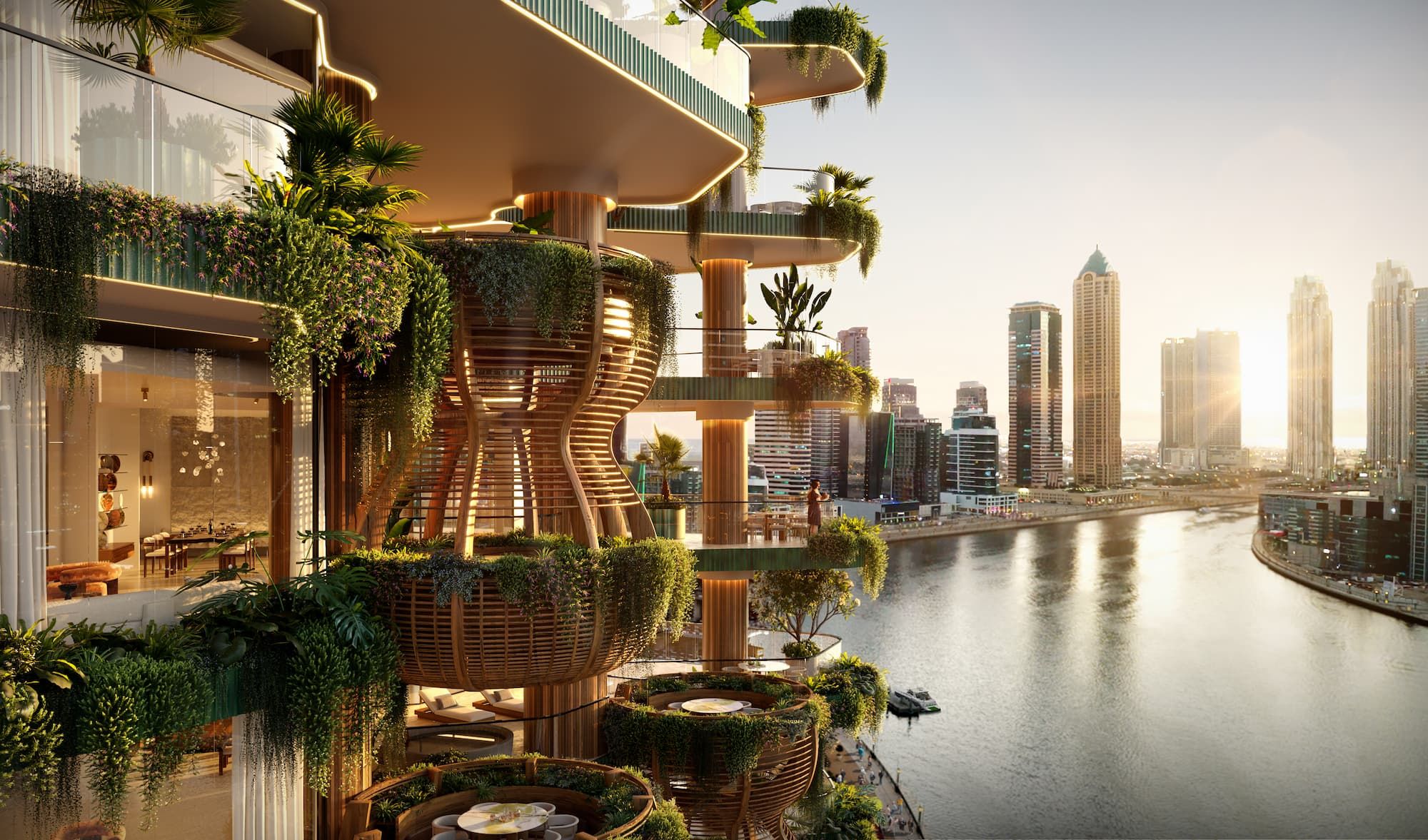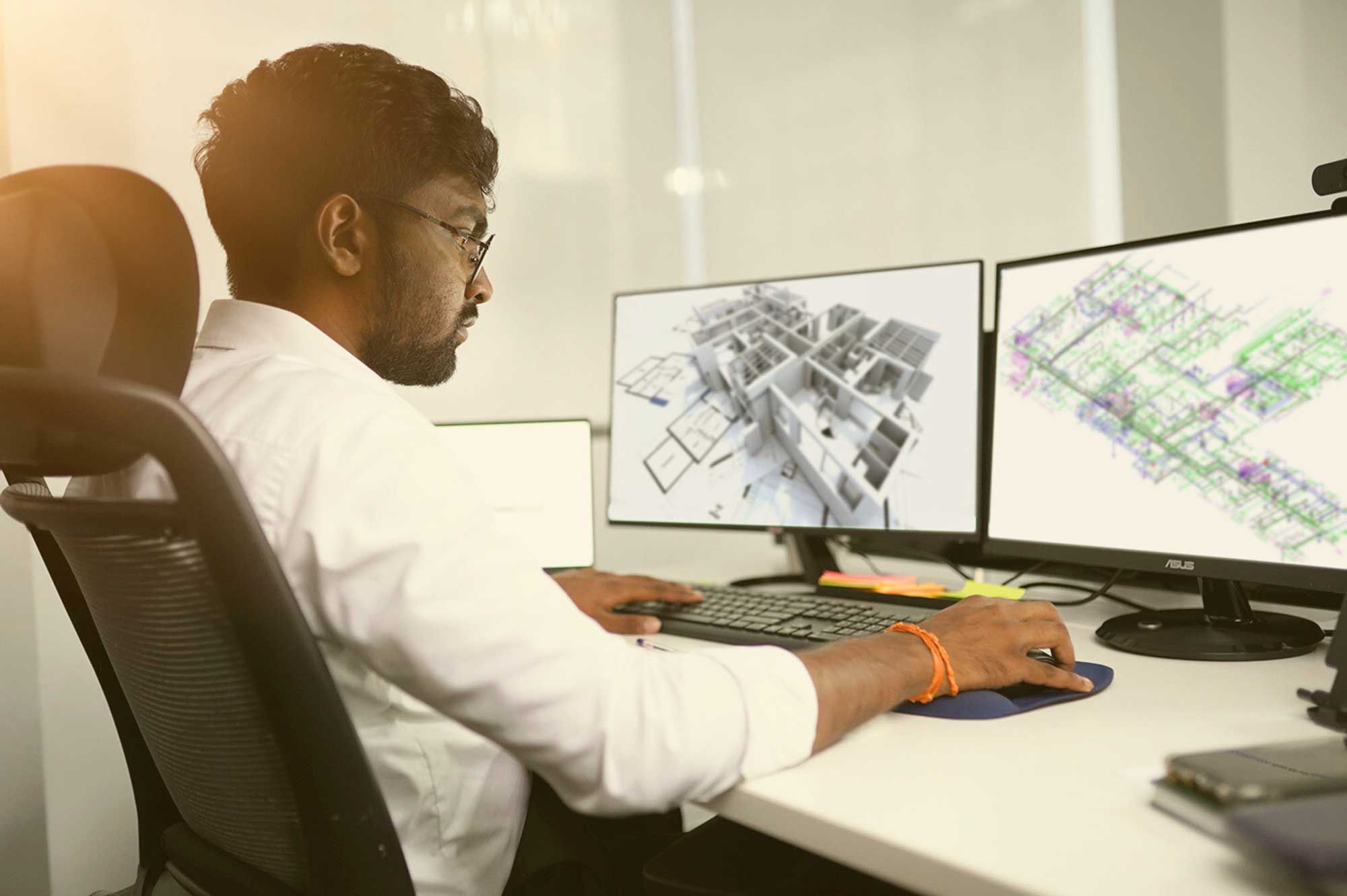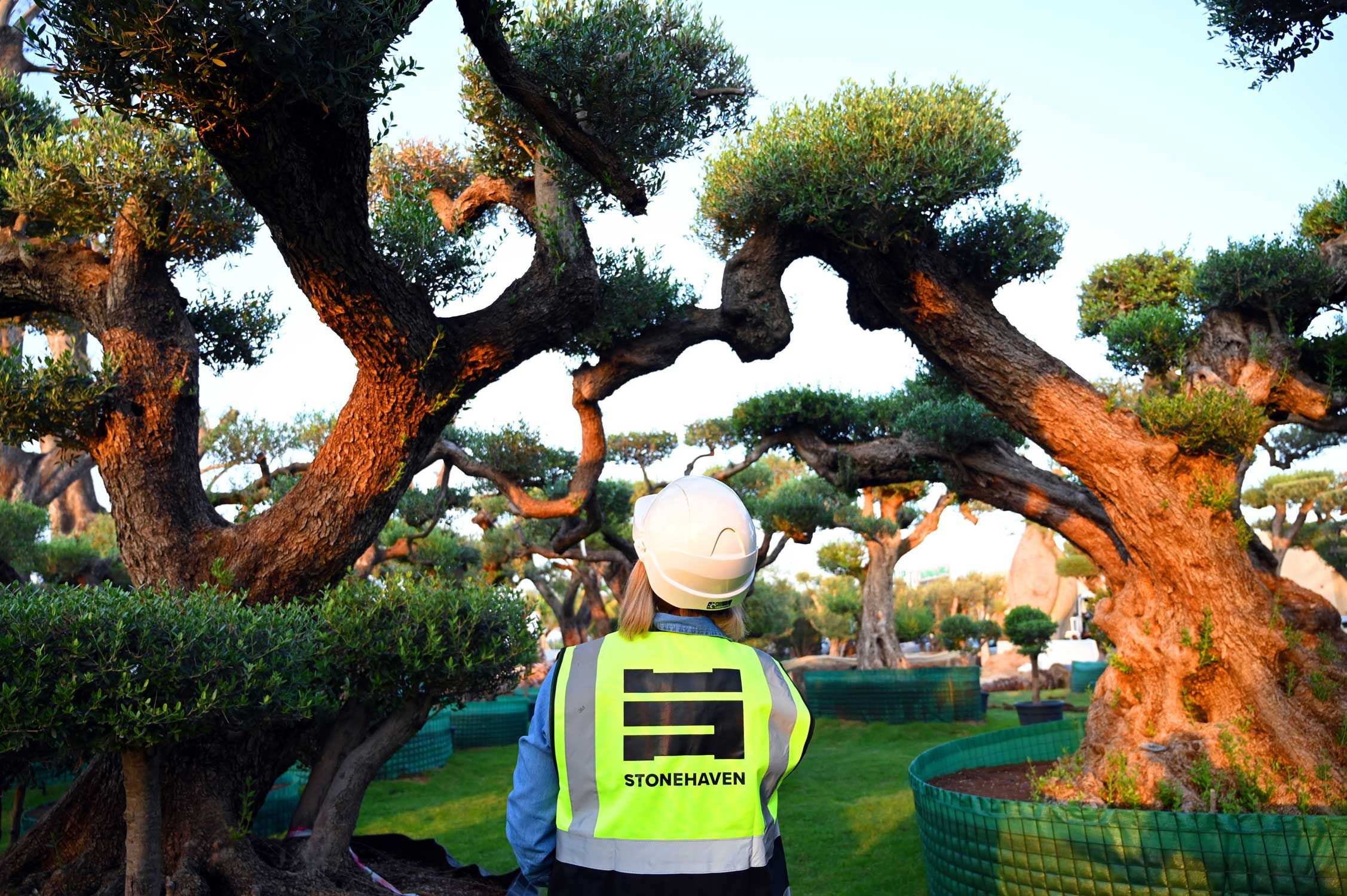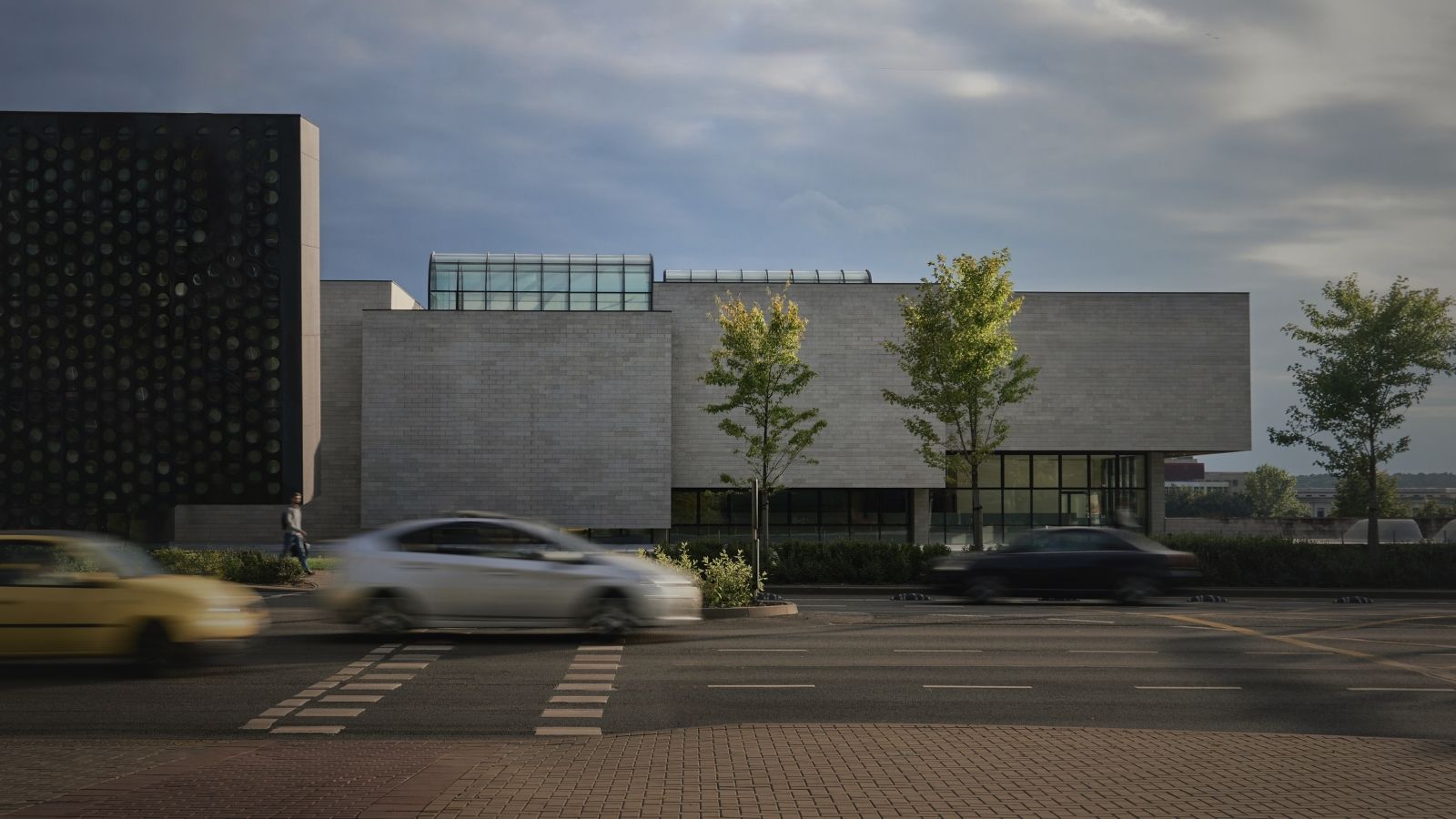Interior design plays a critical role in shaping functional and aesthetically pleasing spaces, particularly in the construction industry. Whether designing a luxury residence, corporate headquarters, retail space, or hospitality venue, interior designers must ensure that their work aligns with structural, regulatory, and functional requirements.
One of the most crucial aspects of interior design services is defining a clear scope of work. A well-documented interior design scope of work serves as a blueprint for project execution, outlining responsibilities, deliverables, timelines, and budgets. It helps prevent miscommunication, delays, and cost overruns by ensuring that clients, designers, contractors, and suppliers are aligned throughout the project.
In Dubai and the broader GCC region, where interior design trends continuously evolve, clients demand innovative yet practical solutions that cater to luxury, functionality, and sustainability. To meet these demands, professional interior design companies in Dubai must work closely with architects, engineers, and fit-out specialists, ensuring every project achieves seamless integration between design and construction.
This blog explores the scope of work in interior design, detailing the services offered, project considerations, and industry standards in the UAE and GCC region. If you're seeking a clear understanding of how interior designers contribute to construction projects, this guide provides comprehensive insights into the entire process.
What is the Scope of an Interior Designer?
The scope of an interior designer extends far beyond aesthetics; it encompasses strategic planning, technical execution, and project coordination. Whether designing a home, office, hotel, or retail outlet, interior designers ensure that the space is not only visually appealing but also functional, efficient, and compliant with safety regulations.
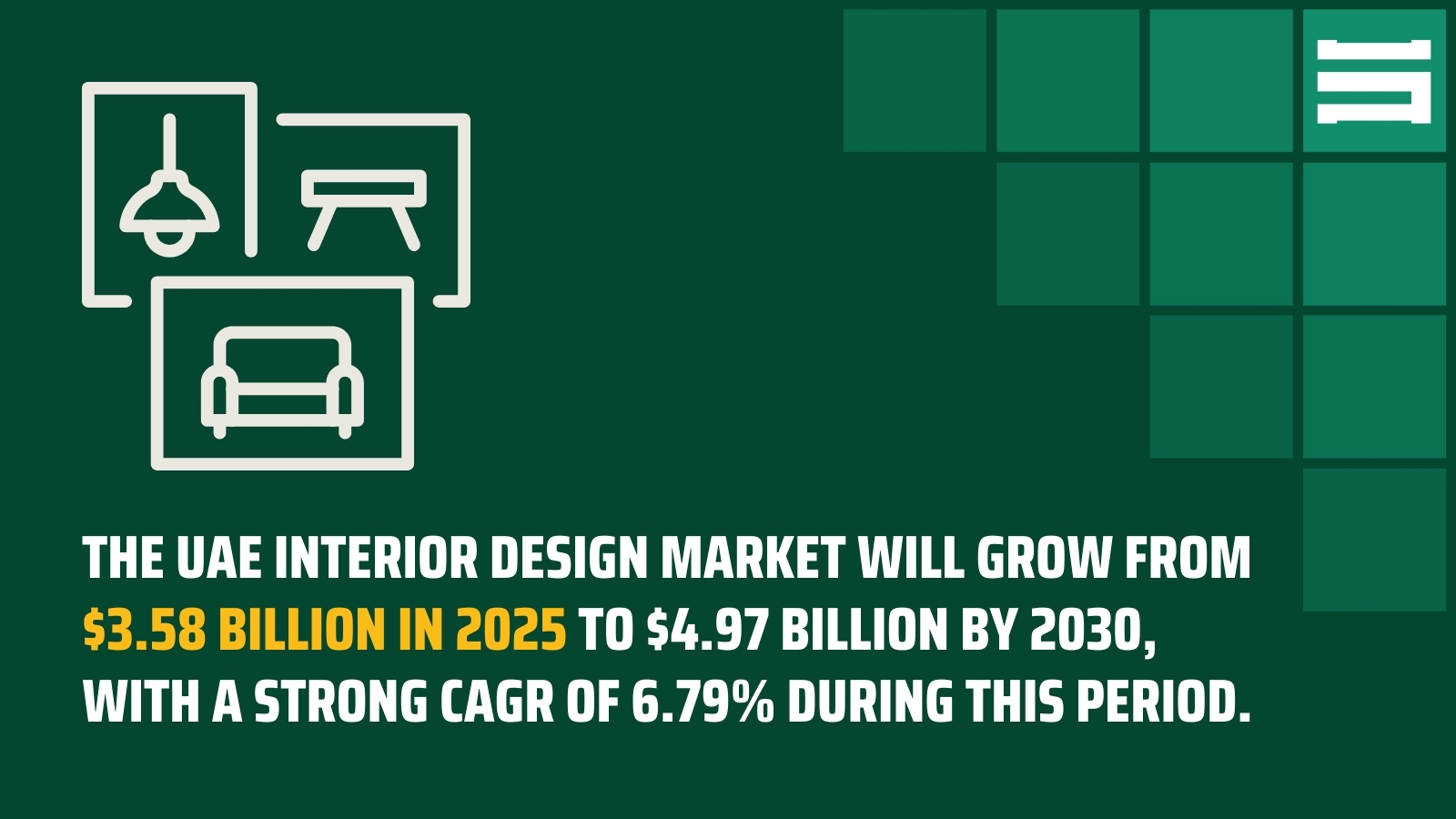
Source - https://www.mordorintelligence.com/industry-reports/united-arab-emirates-interior-design-market
A professional interior designer’s scope of work typically includes:
-
Concept Development: Translating client requirements into a cohesive design vision.
-
Space Planning: Maximising space utilisation while considering ergonomics, accessibility, and building regulations.
-
Material & Finish Selection: Choosing high-quality, durable, and regionally suitable materials.
-
Furniture, Lighting & Fixture Specification: Selecting elements that enhance aesthetics and functionality.
-
3D Room Design & Visualisation: Creating digital renderings to provide clients with a realistic preview of their space.
-
Project Coordination & Site Supervision: Ensuring smooth execution of the design through regular site visits and collaboration with contractors.
In the UAE and GCC, where architectural and interior design trends are highly influenced by luxury and sustainability, designers must consider climate-adaptive materials, smart technology integration, and cultural preferences to create truly remarkable interiors.
What is Scope in a Design Brief?
A design brief is a strategic document that outlines the vision, goals, and key requirements for an interior design project. Within this brief, the scope of work serves as a structured plan that guides the designer’s role and responsibilities.
Key components of the scope in a design brief include:
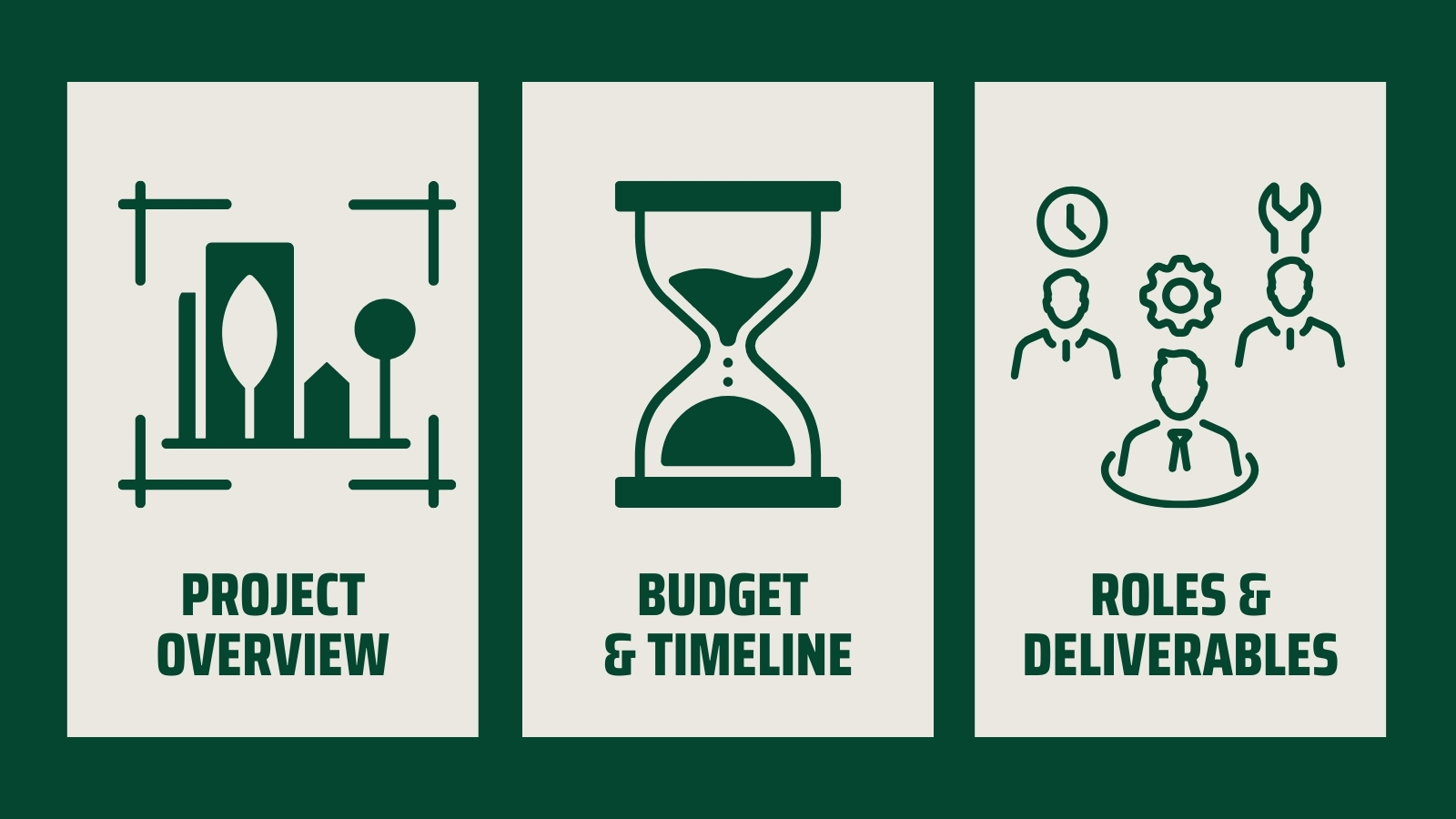
-
Project Overview: Defines the objectives, style preferences, and overall vision.
-
Budget & Timeline: Establishes financial constraints and project deadlines.
-
Roles & Deliverables: Details what the interior designer will provide, from floor plans to material boards.
A well-crafted design brief ensures smooth project execution by eliminating ambiguity and providing a clear roadmap for all stakeholders.
The Full Scope of Design Services in the UAE and Further GCC Region
In the UAE and the broader GCC region, interior design services span multiple sectors, from residential and commercial to hospitality and retail. Given the rapid urban development in Dubai, Abu Dhabi, Riyadh, and Doha, the demand for professional interior designers continues to grow.
Residential Interior Design
-
Bespoke home interior design for luxury villas, penthouses, and smart homes.
-
Living room interior design focused on elegance and comfort.
-
Custom furniture selection and spatial planning.
Commercial & Office Interior Design
-
Office interior design that enhances productivity and corporate branding.
-
Retail store designs tailored to customer experiences.
Interior Fit-Out & Turnkey Solutions
-
Interior fit-out scope of work covering flooring, ceilings, partitions, and MEP works.
-
Procurement and installation of all design elements.
-
On-site project coordination and final handover.
Due to strict building regulations and high client expectations, interior design companies in UAE must stay ahead of trends, use sustainable materials, and ensure that designs reflect the region’s modern yet culturally inspired aesthetic.
Things to Consider When Preparing a Design Scope of Work
Creating a detailed scope of work is a fundamental step in ensuring that an interior design project runs efficiently from concept to completion. Without a well-defined framework, projects can face miscommunication, unexpected delays, or budget overruns. Below are the key aspects to consider when preparing a comprehensive scope of work:
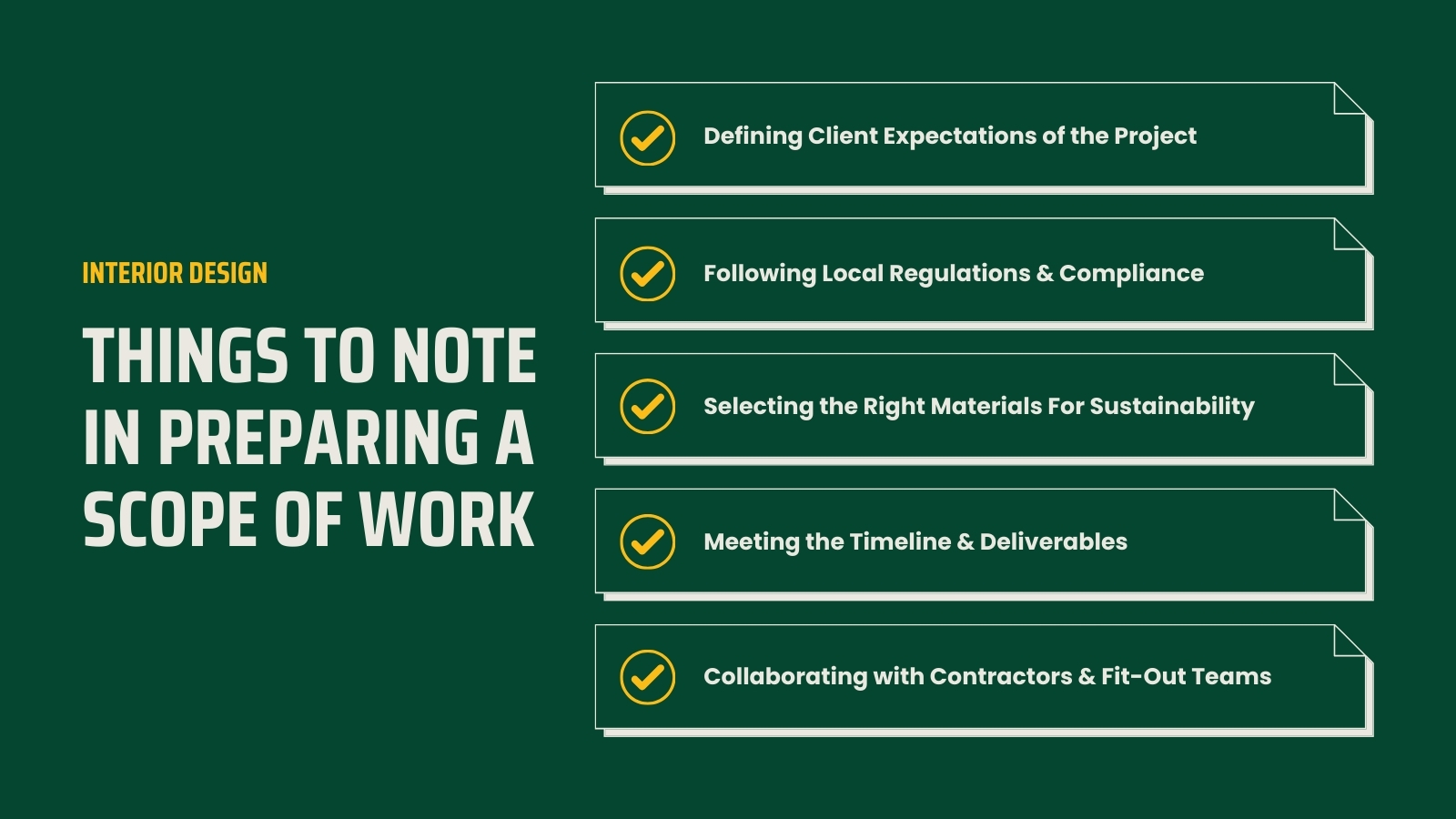
1. Defining Client Expectations of the Project
Before drafting a scope of work, it’s essential to have an in-depth discussion with the client to understand their vision, functional requirements, and budget constraints. A luxury villa interior will have vastly different needs from a corporate office or a retail space, so clarity on expectations is crucial.
2. Following Local Regulations & Compliance
Especially in Dubai and the UAE, all interior design work must comply with municipality regulations, safety standards, and building codes. Interior designers must ensure that their material choices, space planning, and structural elements align with these legal requirements.
3. Selecting the Right Materials Ensuring Sustainability
Selecting the right materials is crucial for both aesthetic appeal and long-term durability. In the GCC region, heat-resistant, sustainable, and locally sourced materials are increasingly preferred due to environmental considerations.
4. Meeting the Timeline & Deliverables
A well-structured timeline outlining concept design, approvals, procurement, fit-out, and final styling prevents unnecessary delays. Each phase should be broken down into deliverables, ensuring all stakeholders stay aligned.
5. Collaborating with Contractors & Fit-Out Teams
A project’s success depends on seamless collaboration between interior designers, architects, engineers, and contractors. Defining clear roles and responsibilities within the scope of work eliminates confusion and keeps the project on schedule and within budget.
By addressing these factors in advance, interior design companies in Dubai can streamline project execution, maintain quality control, and exceed client expectations.
What are the Duties of an Interior Designer?
An interior designer plays a pivotal role in a construction project, ensuring that every element of a space is both aesthetically appealing and functionally efficient. Their responsibilities cover concept development, material selection, project coordination, and execution oversight.
1. Site Assessments & Feasibility Studies
Before initiating a project, an interior designer conducts a site assessment to analyse spatial dimensions, structural constraints, and functional possibilities. This phase also involves understanding client needs and evaluating whether the space can support the intended design vision.
2. Concept Development & Mood Boards
An interior designer develops a design concept based on the client’s requirements. This includes:
-
Creating sketches and initial layouts.
-
Choosing a design theme (modern, classic, contemporary, etc.).
-
Selecting colour palettes, textures, and finishes.
-
Preparing mood boards and sample materials for client approvals.
3. 3D Room Design & Visualisation
To help clients visualise the outcome, interior designers use 3D rendering software to create realistic visualisations. This ensures that any necessary adjustments are made before construction begins, saving both time and costs.
4. Coordinating with Contractors & Engineers
Interior designers work closely with architects, MEP engineers, and fit-out specialists to ensure the execution aligns with the design intent. This involves coordinating plumbing, electrical works, and HVAC systems to ensure seamless functionality.
5. Overseeing Installation & Execution
A crucial responsibility is supervising the on-site installation of interior elements such as flooring, lighting, furniture, and wall treatments. The designer must ensure quality control and address any unforeseen challenges.
By managing these elements, interior designers bring creative visions to life while ensuring practicality and compliance with industry standards.
The Scope of Interior Design Across Different Sectors

Home interior design is one of the most in-demand design services in Dubai and the GCC region. Clients seek bespoke solutions for luxury villas, penthouses, and apartments, focusing on comfort, aesthetics, and smart-home integration.
Key aspects of residential interior design:
-
Living room interior design with functional yet stylish layouts.
-
Luxury kitchens and bathrooms with premium finishes.
-
Home office setups designed for productivity and style.
-
Custom furniture and decor tailored to client preferences.

A well-designed office interior enhances productivity and brand identity. Companies in Dubai’s business districts demand modern, collaborative workspaces that promote efficiency.
Key considerations for office interior design:
-
Open-plan layouts that improve collaboration.
-
Ergonomic furniture to enhance employee comfort.
-
Acoustics and lighting that support concentration.
-
Branded aesthetics that reflects corporate identity.

Luxury hotels, fine-dining restaurants, and high-end boutiques require exceptional interior design to attract clientele. In the GCC region, hospitality and retail interiors focus on delivering an immersive customer experience.
Core elements of retail & hospitality interior design:
-
Custom lighting and displays that enhance product presentation.
-
Luxury materials that elevate the guest experience in hotels.
-
Layouts optimised for foot traffic and customer interaction.
-
Unique branding elements incorporated into the decor.
Conclusion
The scope of work in interior design plays a vital role in ensuring that projects are executed efficiently, within budget, and aligned with client expectations. Whether it's a luxury home, a corporate office, or a high-end retail store, interior designers must ensure that their designs integrate seamlessly with construction plans and regulatory requirements.
By defining a comprehensive scope of work, interior designers can eliminate uncertainties, streamline execution, and enhance collaboration between different teams. In Dubai and the broader GCC region, where the demand for bespoke, high-end interiors is continuously growing, expert interior design services play a crucial role in shaping world-class spaces.
From 3D room design to turnkey fit-out solutions, the role of an interior designer is expanding beyond aesthetics, integrating technology, sustainability, and functionality to meet modern-day demands.
For those looking to invest in premium interior design services, choosing a professional interior designer ensures that their vision is transformed into a functional and visually stunning reality.
About us
At Stonehaven, we specialise in delivering high-end interior design services across Dubai and the GCC region. Whether you are seeking luxury home interiors, office fit-outs, or commercial space planning, our team of expert interior designers is dedicated to providing bespoke solutions tailored to your specific needs.
With extensive expertise in residential, commercial, and hospitality interiors, we ensure seamless project execution from concept to completion. Our designs blend luxury with functionality, offering unique and innovative spaces that reflect your vision.
Let us transform your space into something extraordinary.

